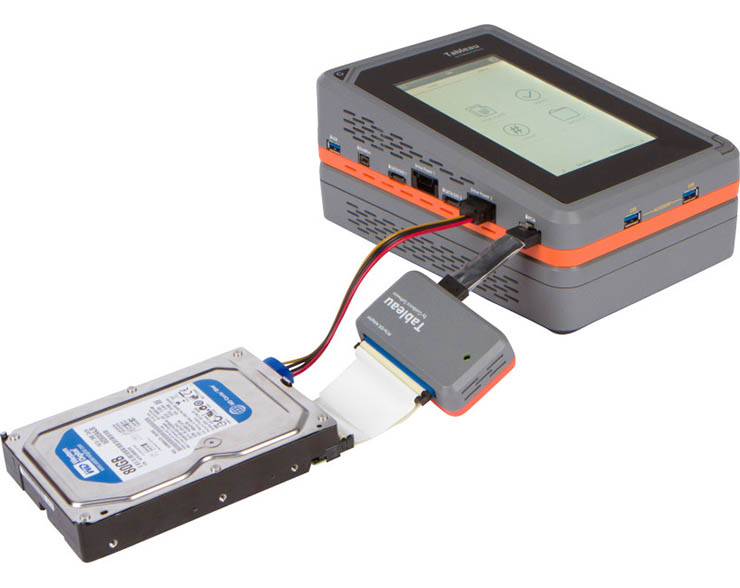Forensic Duplicator (Imager)
The Science of Breaking Codes


Forensic Duplicator (Imager): Overview
Forensic duplicators, also called imagers, are a specialized type of hardware tool that are widely used in computer forensics investigations. Forensic duplicators are a crucial tool for computer forensics investigations. They provide a range of services that enable investigators to accurately and efficiently duplicate digital media while preserving the integrity of the original data. These devices are essential for maintaining the chain of custody and ensuring the accuracy of the findings in computer forensics investigations. These devices have been designed to perform an important task, which is to make exact copies of digital media. One of the most critical services offered by these devices is data preservation, which is achieved by making an exact, bit-for-bit copy of the original media. This ensures that investigators can work with an accurate replica of the original media without modifying or compromising the original data in any way.
Forensic duplicators are optimized for speed and efficiency, which is crucial in investigations that involve large amounts of data. These devices come with advanced features such as multi-threading and data compression, enabling them to duplicate data quickly and accurately. They are also compatible with a wide range of digital media, including modern and legacy storage devices, and support various interfaces and protocols like SATA, IDE, USB, and SCSI. Verification is another service offered by forensic duplicators. They can perform a checksum or hash calculation to verify the integrity of the duplicated data. Any errors or discrepancies can be identified and investigated further. Forensic duplicators also generate reports that document the duplication process, including the source and destination media, the date and time of the duplication, and any errors or warnings encountered during the process. These reports can be used to support legal proceedings and provide a record of the investigation. Forensic duplicators are commonly used for acquiring digital evidence, data recovery, incident response, legal proceedings, and compliance and auditing purposes in computer forensics investigations.
Forensic Duplicator Challenges:
Our Forensic Duplicator Partners
Contact us today to learn more about our products and services.
We are headquartered in Gurugram & Regional Offices in Mumbai, Delhi, Bangalore – India.







